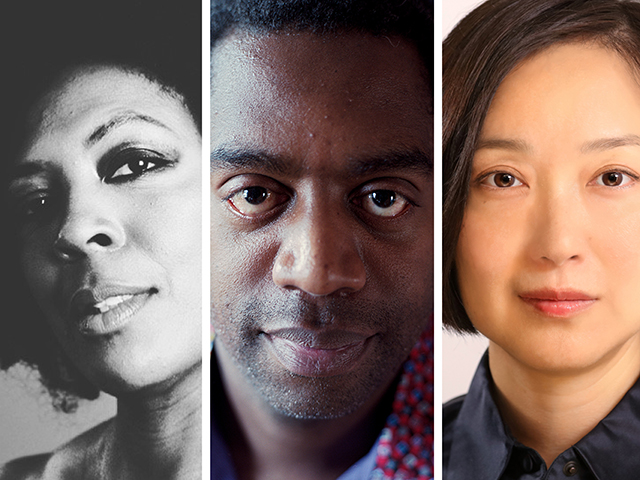
The shift in emphasis in Saariaho's music from texture and harmony towards a more melodic style coincided with her first opera, and that trend has continued in her subsequent stage works, all of which centre on a single female protagonist. Jakob Lenz (1979), The Hamlet Machine (1987), The Conquest of Mexico (1992), Dionysos (2010) Stage works are an important strand in Rihm's prodigious output some of them are relatively conventional, others starkly experimental, but all match drama to music in a powerfully individual way. The Death of Klinghoffer (1991), Dr Atomic (2005) Adams's subsequent stage works have continued to explore recent events in an intensely theatrical way. Nixon in China (1987) demonstrated that opera could deal with recent history and not just fictional subjects. Three Sisters (1998), Angels in America (2004), Of Love and Other Demons (2008) Satyagraha (1980), Akhnaten (1984), The Voyage (1992), La Belle et la Bête (1994), Waiting for the Barbarians (2005)Įötvös began his composing career with impeccable avant garde credentials, but over the past decade or so his operas developed a much more accessible yet dramatically effective musical style. His work has shifted from the radicalism of Einstein on the Beach (1976) to the more straightforward narratives of his recent works. With more than 20 stage works, Glass is one of the most wide-ranging opera composers. Punch and Judy (1968), The Mask of Orpheus (1986), Gawain (1991), The Second Mrs Kong (1994), The Minotaur (2008) Key works: Boulevard Solitude (1952), Elegy for Young Lovers (1961), The English Cat (1983), The Hoopoe (2003)Įverything Birtwistle composes is a kind of theatre, while his stage works, nearly all built around mythological subjects, rank among the most important of our time. With a career in opera stretching back 60 years, and a list of collaborators including WH Auden and Edward Bond, Henze is contemporary opera's great survivor, following his own creative path regardless of musical fashion.

Since then, however, boundaries have blurred even more, and with the use of new technologies, including the incorporation of film or real-time video and digital electronics into the work, defining what is opera and what music theatre is sometimes very hard.
The development of opera full#
With roots in works by composers as diverse as Monteverdi (Il Combattimento di Tancredi e Clorinda), Stravinsky (The Soldier's Tale) and Kurt Weill (Happy End), these stripped-down pieces often had just a single protagonist (a singer or an actor), used a chamber ensemble rather than a full orchestra and were designed to be presented in concert halls, with a minimum of set and props. Opportunities to write full-length operas complete with a chorus and full orchestra were few and far between, and so composers looked for cheaper alternatives, which were conveniently labelled as music theatre. In the 1960s and 70s opera became a very expensive art form to put on, and "difficult" new opera, which inevitably attracted smaller audiences, was more expensive still.

For them, the imperatives were less aesthetic than economic. Other composers reimagined the form very differently.

The music would still contain, support and reinforce the onstage drama, but that drama didn't need to be linear: scenes could proceed simultaneously (as in Bernd Alois Zimmermann's Die Soldaten, 1965), present different versions of the same story (Harrison Birtwistle's The Mask of Orpheus), tell no story at all (Philip Glass's Einstein on the Beach) or dispense with a text altogether (Wolfgang Rihm's Séraphin, 1995). With the collapse of tonality, music had lost much of its narrative power, they reasoned, and so storytelling need no longer be a prerequisite of opera either.

Gradually, however, attitudes softened until almost all of those former hard-liners became more or less reconciled with the form, even if they had to reimagine it in their own terms. Composers who still found it had something to offer (Benjamin Britten and Hans Werner Henze, for example) were generally regarded with disdain. It was an outmoded art form, they decided, too heavily indebted to the past. In the years after the second world war a whole generation of young avant garde composers viewed opera with suspicion. Though some composers continued to write operas in which the symbiotic relationship between the music, the words and the drama they conveyed was much the same as it had been for the previous 300 years, others took the opportunity to reconsider basic assumptions about dramatic structure, and the role of music within it. At the beginning of the 20th century, when modernism began to undermine the basic grammar of music, some of the principles that underpinned the workings of opera inevitably came under attack, too.


 0 kommentar(er)
0 kommentar(er)
